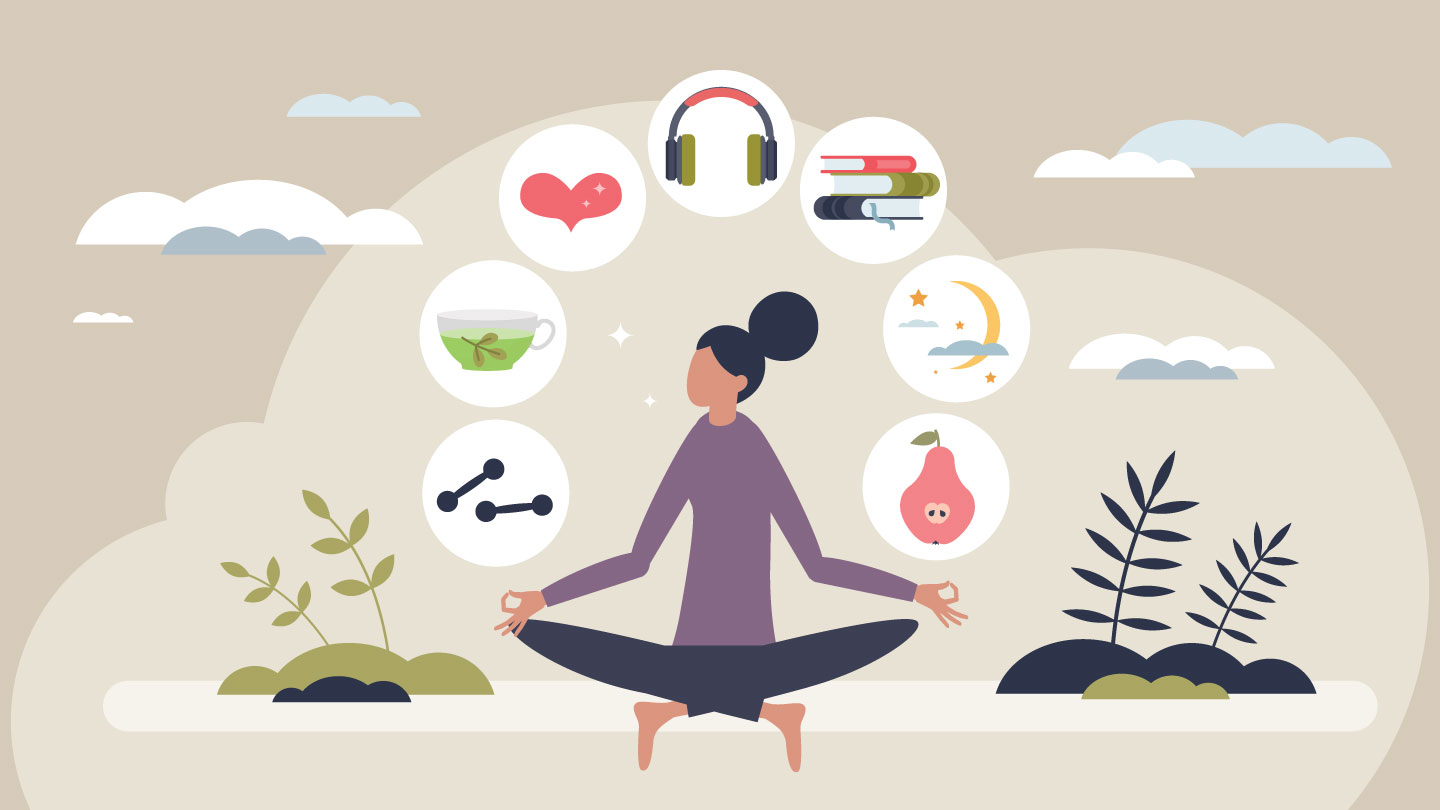Miscellaneous
7 Ways to Boost Your Quality of Life Every Day
Small changes, deep impact: Discover practical strategies grounded in psychology and research to enrich your well-being and live more fully.

We all search for meaning, joy, and balance, and ultimately, a higher quality of life. But improving life quality isn’t about a dramatic change overnight. Instead, it’s about consistent, intentional habits rooted in psychological science. Find seven actionable ways to improve your quality of life below.
1. Cultivate Mindfulness & Present Awareness
Why it works: A 2023 study published on PubMed Central concluded that interventions such as Mindfulness-Based Stress Reduction can improve psychological well-being, reduce stress, and lead to changes in brain structure (neuroplasticity) and even influence epigenetic markers.
How to apply:
- Begin with 5 minutes a day of guided breathing or body-scan meditation.
- Practice noticing thoughts and sensations without judgement.
- Use “anchor moments” (e.g. when drinking tea, walking, or pausing between tasks) to bring attention to the present.
- Over time, this trains the brain’s ability to downregulate rumination or worry and enhances emotional resilience.
Know more about this in our Heartfulness Meditation Series. Click here.
2. Build and Maintain Deep Relationships
Why it works: According to Frontiers in Psychology (2025), among the strongest correlates of well-being and life satisfaction is the quality of social connections. Psychologically, humans are wired for connection: healthy relationships buffer stress and foster meaning.
- Prioritise “lean-in” conversations (listening, empathy) over shallow chat.
- Set aside regular, undistracted time with close friends/family.
- If relationships are strained, consider repairing them through open communication or counselling.
3. Move Your Body Often
Why it works: Physical exercise not only strengthens the body, but it also supports mood, energy, sleep quality, and cognitive function. During pregnancy, for instance, increasing activity causally improves quality of life in both physical and psychological domains.
How to apply:
- Choose forms you enjoy (walking, dancing, yoga, cycling) so it feels less like a chore.
- Aim for at least 150 minutes of moderate activity weekly, broken into manageable bits.
- Couple physical movement with joy, e.g. dancing to music you love, walking with a friend.
Related Story: Five-minute fitness exercises you can do in bed
4. Practice Gratitude & Savouring
Why it works: Positive psychology research emphasises the importance of intentional activities like practising gratitude, counting blessings, and acts of kindness, to boost life satisfaction. Savouring (prolonging positive experiences in mind or expression) can intensify positive emotions and counterbalance negativity.
How to apply:
- Keep a daily gratitude journal: write three things you’re thankful for.
- Consciously slow down in joyful moments (e.g. sipping coffee, watching a sunset) and reflect.
- Share good news with friends to amplify the positivity.
Related Story: 6 Gratitude Practices For Your Well-Being
5. Develop Self-Compassion & Healthy Inner Dialogue
Why it works: Self-compassion (treating oneself with kindness in times of struggle) is bolstered by mindfulness and is associated with lower stress and greater psychological well-being. In clinical settings and trials, combining mindfulness and self-compassion reduces distress and improves outcomes more than control groups.
How to apply:
- When you catch negative self-talk, pause and rephrase as you would to a friend.
- Use short self-compassion practices (“May I be kind to myself,” etc.).
- Recognise that hardship is part of human life and that you are not alone in struggle.
6. Engage in Purposeful Activity and Creative Expression
Why it works: According to a 2025 study published in the Journal of Happiness Studies, flourishing mental health has been shown to predict future improvements in perceived quality of life (i.e. meaning and psychological well-being precede life satisfaction). Engagement in arts or culture also brings multiple well-being benefits, like reducing depression and enhancing cognitive and emotional health.
How to apply:
- Devote time to creative hobbies (painting, writing, music, dance).
- Volunteer or contribute to causes aligned with your values.
- Set meaningful goals (not just external rewards).
7. Prioritise Rest, Sleep & Recovery
Why it works: Insufficient sleep undermines emotional regulation, cognitive performance, and physical health, which in turn erode quality of life. Psychologically, rest allows consolidation of learning and supports self-regulation.
How to apply:
- Keep a consistent sleep schedule (bedtime, wake time).
- Create a sleep-friendly environment (dark, cool, minimal stimuli).
- Build in regular downtime, no-device periods to disconnect and recharge.
Related Story: Yoga postures for good sleep
Improving your quality of life is not about grand gestures; it’s about adopting meaningful habits that are psychologically grounded and sustainable. Start small: choose 2–3 practices that appeal to you, commit for a few weeks, and observe how your experience of life shifts. Over time, these habits interweave and support one another, creating more resilience, satisfaction, and depth in daily living.
Here’s your first step: Mindfulness 101: Bring calm into your day with these daily tips. Sign up here.
EXPLORE MORE
Shared hobbies aren’t just fun ways to spend time together; they build trust, deepen bonds, and make relationships feel easier and more alive.
A few harmless things lying around your home may be quietly exposing you to germs, toxins, or unnecessary clutter. Here’s what to clear out, and why it matters.
In a world where scrolling never stops, FOMO in teens has become more common than ever. Here’s how parents can nurture confidence and contentment in their children, even when the world online seems to be moving on without them.
From hormonal changes to desk jobs and high-carb meals, Indian women face unique belly fat challenges. Here’s how to fix it, without starving, stressing, or giving up your favourite foods.







